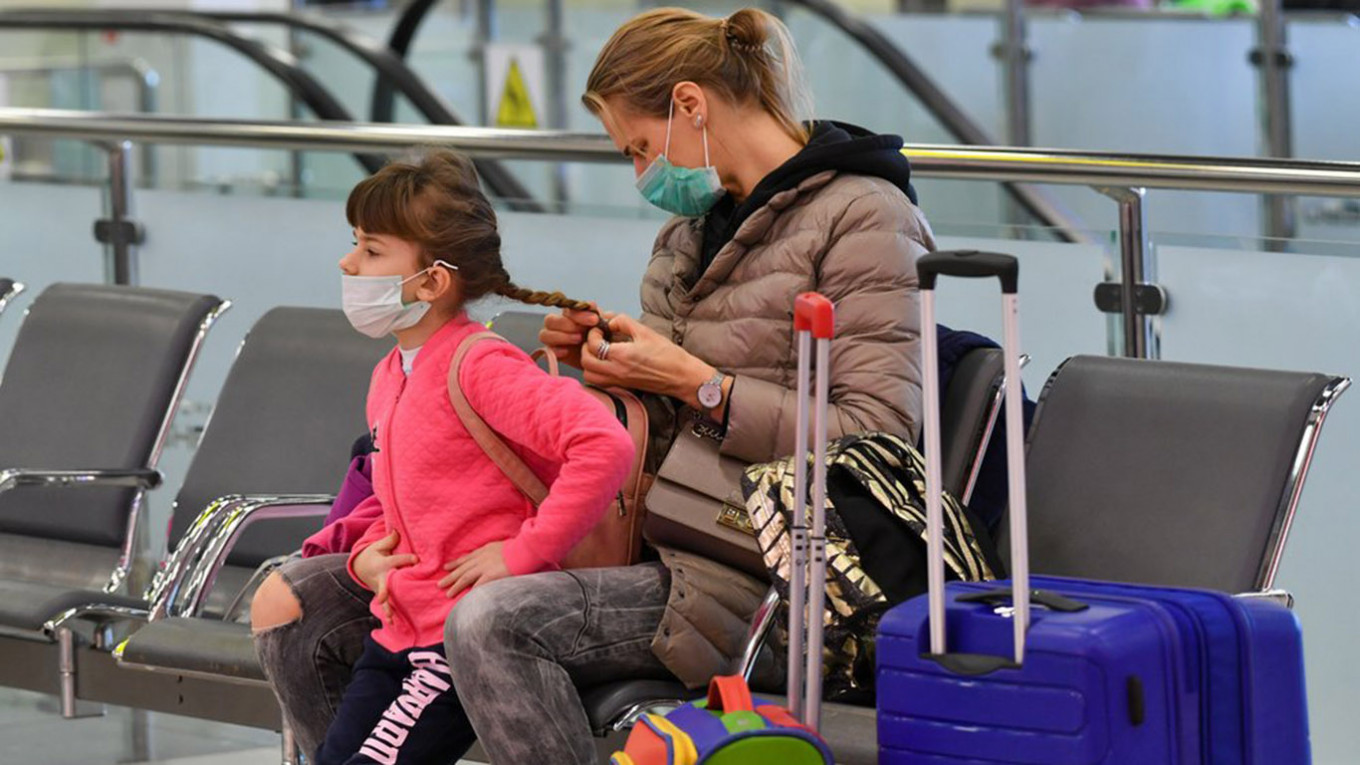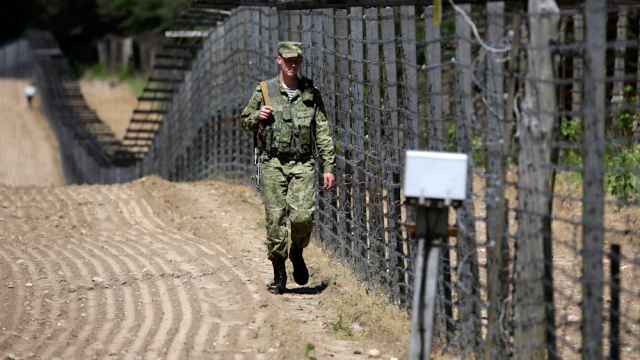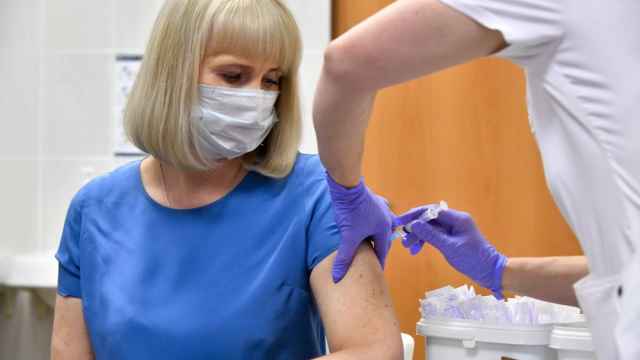As the coronavirus continues to sweep across the globe on an unprecedented scale, countries are closing their borders and putting once-vibrant towns and cities under near-total lockdown.
Here’s a quick guide to the measures Russia has taken so far:
Q: Can I still go to Russia?
A: Starting March 18, all foreign nationals and stateless citizens will be barred from entering Russia. Diplomats, airplane crew members and some other categories of people will be exempt.
Q: Will I be placed in quarantine when I arrive?
A: Individuals who have recently visited the following countries will be ordered to self-isolate for 14 days upon entering the country: China, South Korea, Iran, France, Germany, Italy and Spain. People living with those who self-isolate must do the same.
Citizens entering Russia from the United States, Britain, the European Union, Ukraine, Belarus and all other non-EU countries in Europe — as well as those who live with them — are also required to self-isolate for 14 days upon arrival, Moscow Mayor Sergei Sobyanin said.
Anyone found to have violated their self-isolation order faces a prison sentence of up to five years.
Additionally, anyone suspected of being infected with the coronavirus will be placed in hospital quarantine.
Q: Are schools and universities closed?
A: From March 21 to April 12, all schools and universities in Moscow will be closed, Mayor Sergei Sobyanin said.
In the city of Lipetsk, all schools have been closed.
Several universities in central Russia have also announced their switch to online courses.
Q: Are bars and restaurants closed?
A: Not yet, but Moscow authorities say they have prepared a plan to shut down the city if the epidemic gets out of control.
Lipetsk has ordered that all public gathering spaces including theaters and sporting arenas shut down.
Q: What other restrictions should I know about?
A: Moscow has barred visitors from visiting patients in hospitals and state-run nursing homes.
Moscow has banned all public events larger than 50 people from now until April 10. All theaters, movie theaters and concert halls are also closed until then.
Moscow residents have also been warned to avoid public transport during rush hour.
Q: Is the government planning any other measures?
A: Prime Minister Mikhail Mishustin's cabinet plans to unveil a slew of new economic and regulatory measures to reduce the coronavirus' impact on Wednesday. The Vedomosti and Kommersant business dailies have reported on some of the cabinet's new measures — some of which were later confirmed by officials.
Here’s a look at the list of proposals so far:
- Create an anti-crisis fund of 300 billion rubles ($4.05 billion) to support Russian citizens and the Russian economy
- Compensate quarantined citizens, including freelancers and the self-employed, for lost income
- Set aside federal budget funds for unemployment payments
- Pay pensions and other public benefits in advance
- Limit or ban events with more than 1,000 attendees across all of Russia, including international athletic events
- Extend school vacations or make school attendance voluntary
- Allow delivery options for over-the-counter medicines purchased online
- Create a prize fund to reward doctors working to fight the virus
- Provide for increased production of coronavirus tests
- Create an online alert system to provide coronavirus updates to the public
- Guarantee personal protection funds for individuals
- Cancel duties on imported medications and medical supplies
- Establish a tax holiday for businesses such as tour agencies and airlines
- Give small and mid-sized businesses a one-quarter deferment on paying their taxes
- Temporarily halt audits of small and mid-sized businesses
- Give state corporations an extension on paying out dividends
- Add the coronavirus to the list of acceptable force majeure circumstances on government contracts
- Allocate government credits to regions that meet their economic development goals
A Message from The Moscow Times:
Dear readers,
We are facing unprecedented challenges. Russia's Prosecutor General's Office has designated The Moscow Times as an "undesirable" organization, criminalizing our work and putting our staff at risk of prosecution. This follows our earlier unjust labeling as a "foreign agent."
These actions are direct attempts to silence independent journalism in Russia. The authorities claim our work "discredits the decisions of the Russian leadership." We see things differently: we strive to provide accurate, unbiased reporting on Russia.
We, the journalists of The Moscow Times, refuse to be silenced. But to continue our work, we need your help.
Your support, no matter how small, makes a world of difference. If you can, please support us monthly starting from just $2. It's quick to set up, and every contribution makes a significant impact.
By supporting The Moscow Times, you're defending open, independent journalism in the face of repression. Thank you for standing with us.
Remind me later.







